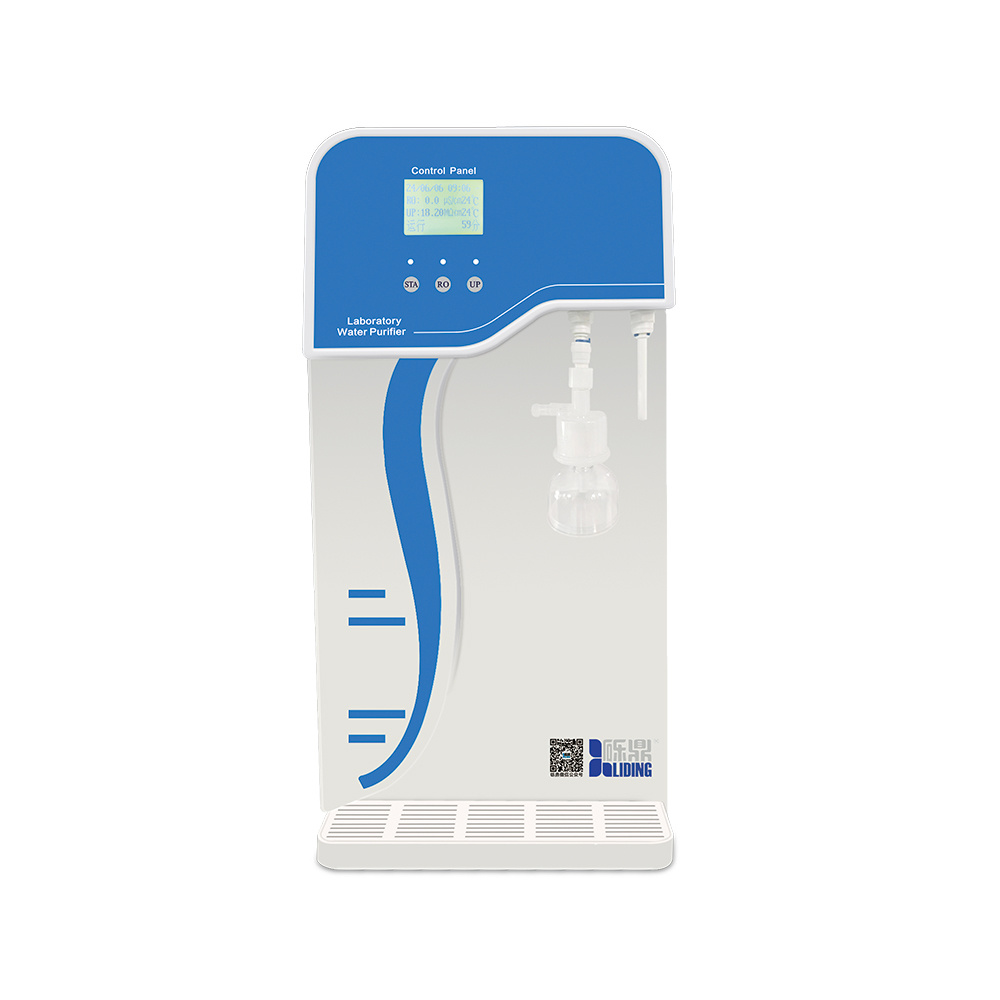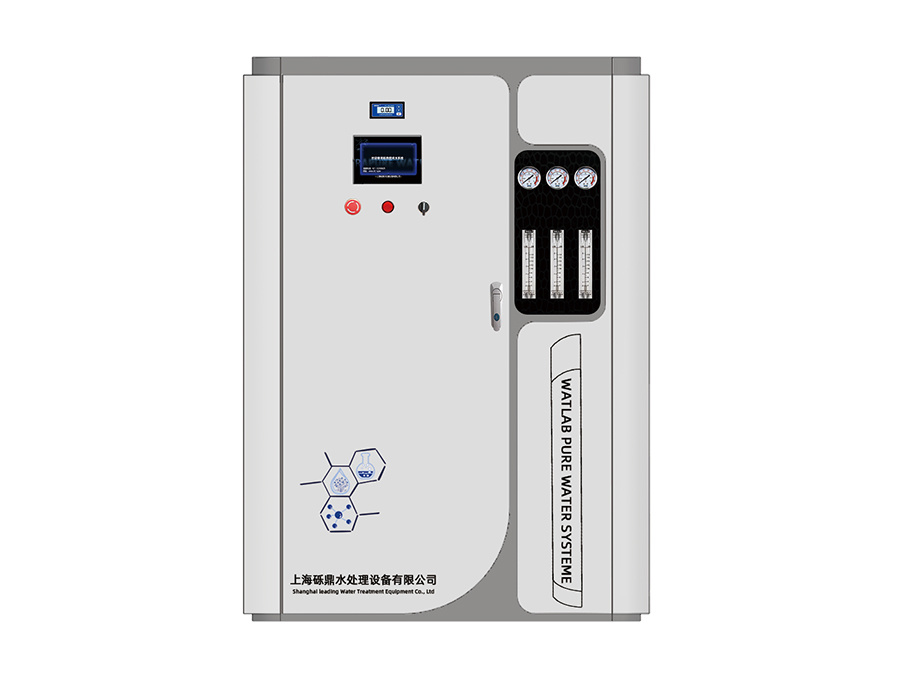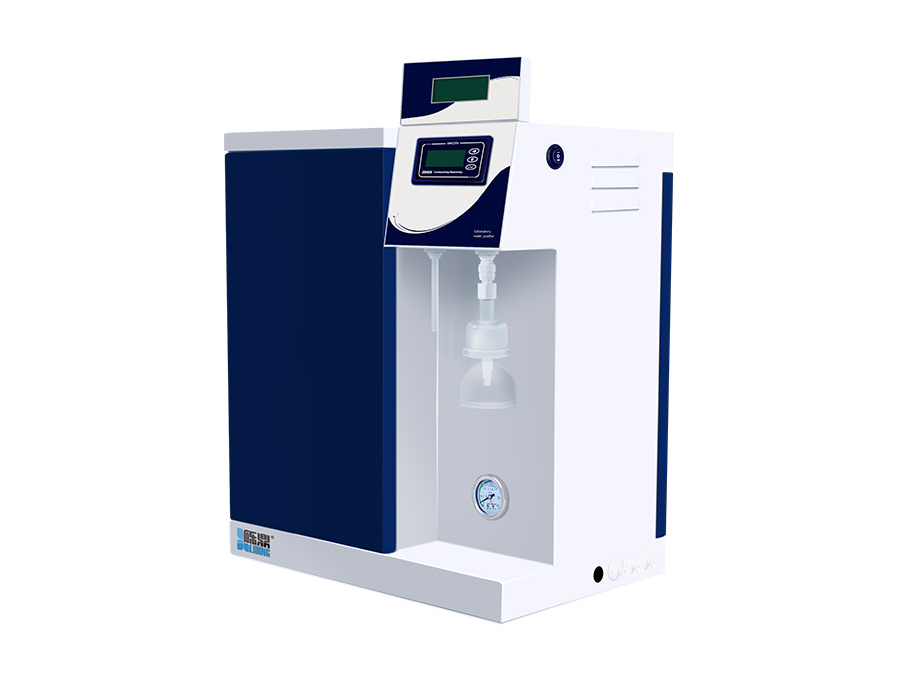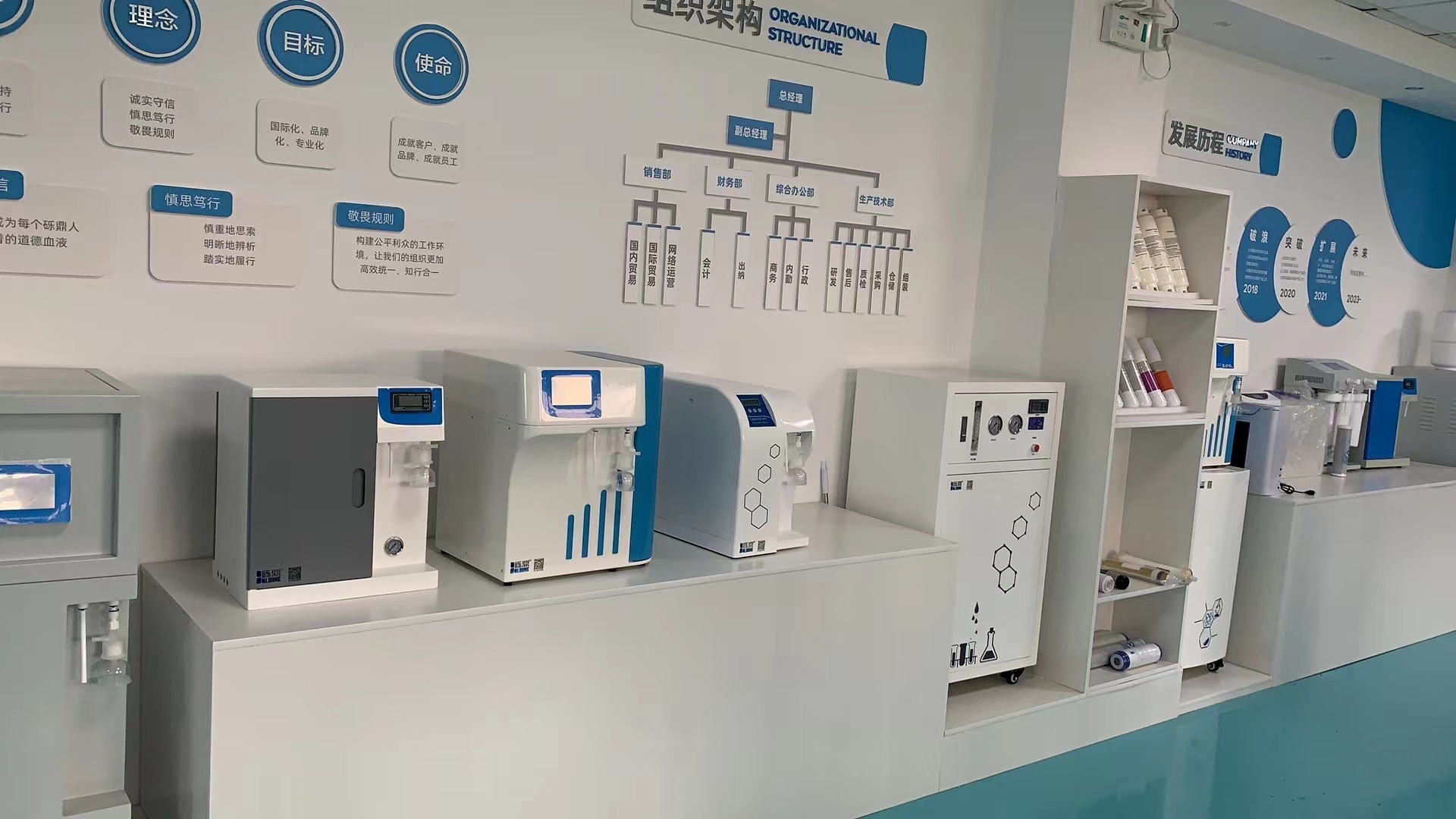The Essential Guide to Ultra Pure Water Purifiers: Revolutionizing Water Treatment Solutions
Time:
Sep 20,2025
In an increasingly industrialized world, the demand for high-quality water has never been more crucial. Ultra pure water purifiers are at the forefront of water treatment technology, ensuring that the water used in various applications meets stringent purity standards. These systems are designed to remove contaminants, including dissolved solids, organic compounds, and microorganisms, resulting in water that is suitable for the most sensitive industrial processes.
The primary purpose of an ultra pure water purifier is to produce water that has a resistivity of 18.2 MΩ·cm, which is essential for applications such as semiconductor manufacturing, pharmaceutical production, and laboratory research, where even the slightest impurities can adversely affect results. The purification process typically employs several advanced techniques, including reverse osmosis, deionization, and distillation. Each method targets different types of contaminants, ensuring a comprehensive purification process.
One of the key benefits of using ultra pure water purifiers is the enhancement of product quality. In industries like pharmaceuticals, the purity of water directly impacts the efficacy and safety of the final product. Similarly, in semiconductor manufacturing, ultra pure water is crucial for cleaning wafers and other components, ensuring that the products meet the high standards required in these high-tech industries.
Moreover, ultra pure water purifiers contribute to operational efficiency. By maintaining the quality of water, industries can reduce the risk of equipment failure and downtime caused by scaling and corrosion. This not only prolongs the lifespan of machinery but also minimizes maintenance costs, leading to an overall increase in productivity.
Another significant aspect of ultra pure water purifiers is their environmental impact. Many modern systems are designed to be energy-efficient and generate minimal waste, aligning with sustainable practices. By opting for these advanced technologies, companies can meet environmental regulations while also promoting green initiatives within their operations.
In conclusion, ultra pure water purifiers play a vital role in ensuring the integrity and efficiency of various industrial processes. By providing high-quality water free from contaminants, these systems support industries in achieving their operational goals while adhering to regulatory standards. As technology continues to evolve, the importance of investing in robust water treatment solutions will only grow, making ultra pure water purifiers an indispensable asset in modern industrial applications.
The primary purpose of an ultra pure water purifier is to produce water that has a resistivity of 18.2 MΩ·cm, which is essential for applications such as semiconductor manufacturing, pharmaceutical production, and laboratory research, where even the slightest impurities can adversely affect results. The purification process typically employs several advanced techniques, including reverse osmosis, deionization, and distillation. Each method targets different types of contaminants, ensuring a comprehensive purification process.
One of the key benefits of using ultra pure water purifiers is the enhancement of product quality. In industries like pharmaceuticals, the purity of water directly impacts the efficacy and safety of the final product. Similarly, in semiconductor manufacturing, ultra pure water is crucial for cleaning wafers and other components, ensuring that the products meet the high standards required in these high-tech industries.
Moreover, ultra pure water purifiers contribute to operational efficiency. By maintaining the quality of water, industries can reduce the risk of equipment failure and downtime caused by scaling and corrosion. This not only prolongs the lifespan of machinery but also minimizes maintenance costs, leading to an overall increase in productivity.
Another significant aspect of ultra pure water purifiers is their environmental impact. Many modern systems are designed to be energy-efficient and generate minimal waste, aligning with sustainable practices. By opting for these advanced technologies, companies can meet environmental regulations while also promoting green initiatives within their operations.
In conclusion, ultra pure water purifiers play a vital role in ensuring the integrity and efficiency of various industrial processes. By providing high-quality water free from contaminants, these systems support industries in achieving their operational goals while adhering to regulatory standards. As technology continues to evolve, the importance of investing in robust water treatment solutions will only grow, making ultra pure water purifiers an indispensable asset in modern industrial applications.
RELATED NEWS








